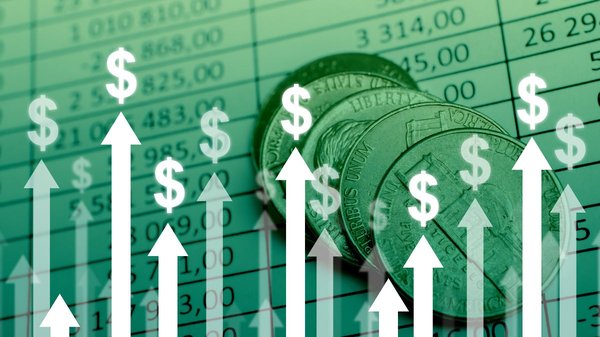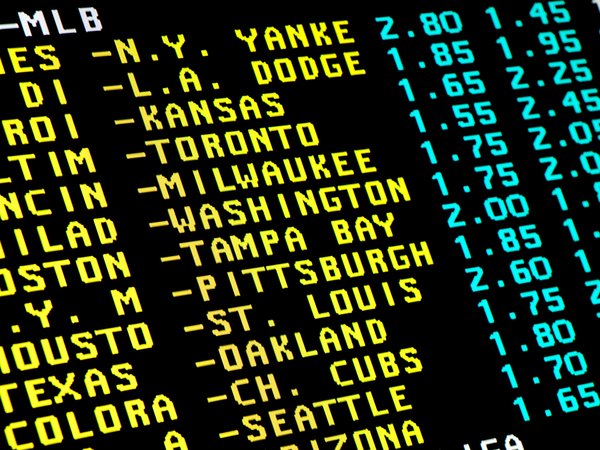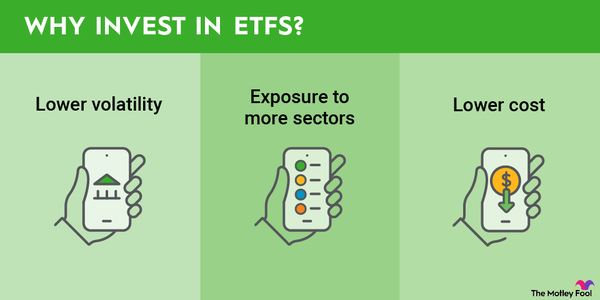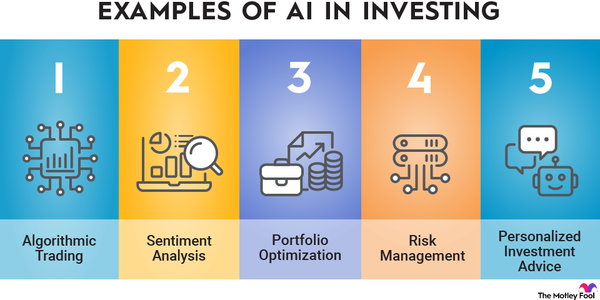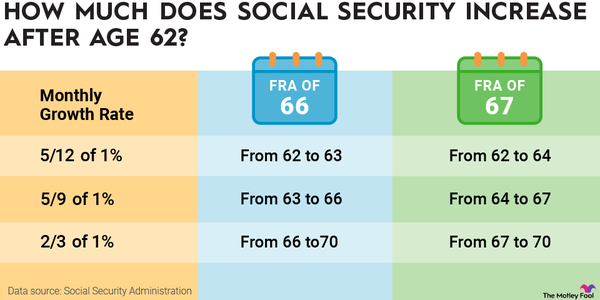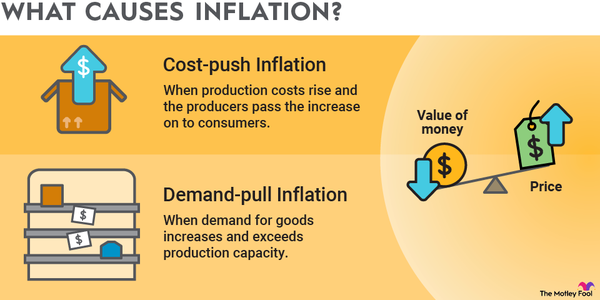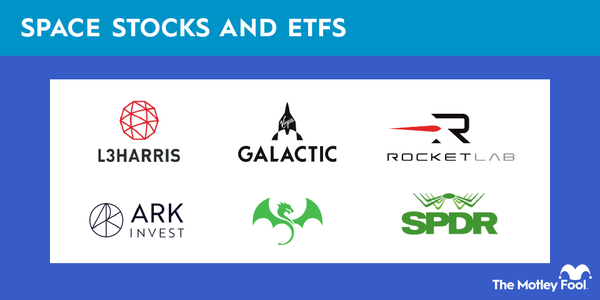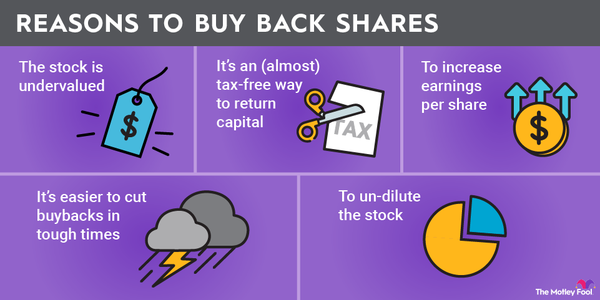More than 100 members of Congress have made around 10,000 stock trades each year since at least 2021 -- and they tend to beat the market.
How do they do it? The stocks that representatives and senators trade the most are household names: Microsoft (NASDAQ:MSFT), Apple (NASDAQ:AAPL), Alphabet (NASDAQ:GOOG), and Nvidia (NASDAQ:NVDA).
Others made timely trades involving companies and sectors related to legislation they work on and sit on committees that oversee those companies and sectors, raising questions about conflicts of interest and insider trading.
For example, in 2023, Nvidia was traded or held by members, including former House Speaker Nancy Pelosi (D-CA), while the CHIPS and Science Act was being negotiated and voted on. Other members made trades in 2024 involving social media companies while the TikTok ban/divestment bill was being negotiated and voted on. Members sitting on committees that deal with national security traded shares of defense companies, while others that sit on committees that oversee health traded medical device stocks.
Dive deeper into stock trading by members of Congress below, including who’s trading the most and netting the biggest returns.
A note on the data used in this article: Data on stock trading by members of Congress varies widely between sources due to differences in data collection, difficulties with data collection, and different methodology in parsing that data. Figures from multiple sources are included when possible.
Trades and Volume by Year
How Much are Members of Congress Trading Stocks?
More than 100 members of Congress make around 10,000 trades per year.
Capitol Trades reports that 113 members of Congress made 9,261 trades in 2024 involving 706 million shares or other assets. Volume fell by roughly 45 million compared to 2024, total trades were down by 2,230, and five fewer members traded. Unusual Whales, a financial data platform, also reported trades from 113 members in 2024.
| Year | Trades | Volume (millions) | Members |
|---|---|---|---|
| 2021 | 10,413 | 583.98 | 138 |
| 2022 | 14,752 | 610.77 | 154 |
| 2023 | 11,491 | 751.17 | 118 |
| 2024 | 9,261 | 706.37 | 113 |
The Congressmembers Trading Most
The Members of Congress Making the Most Trades
These are the members who made the most trades in 2024, their trade volume, and estimated returns according to data from Capitol Trades and Unusual Whales:
| Member | Trades | Volume (millions) | Estimated Return |
|---|---|---|---|
| Rep. Ro Khanna (D-CA) | 4,013 | 66.76 | 19.1% |
| Rep. Michael McCaul (R-TX) | 1,925 | 167.63 | 22.7% |
| Rep. Josh Gottheimer (D-NJ) | 575 | 91.44 | 21.8% |
| Sen. Tommy Tuberville (R-AL) | 270 | 7.16 | 5.7% |
| Rep. Kathy Manning (D-NC) | 186 | 13.58 | 56.3% |
| Rep. John James (R-MI) | 164 | 1.33 | N/A |
| Rep. Marjorie Taylor Greene (R-GA) | 160 | 4.13 | 30.2% |
| Rep. Jared Moskowitz (D-FL) | 143 | 1.26 | 16.3% |
| Sen. Tom Carper (D-DL) | 100 | 3.32 | 32.6% |
| Sen. Markwayne Mullin (R-OK) | 97 | 6.54 | 28.0% |
The Stocks Traded Most by Congressmembers
What Stocks Are Members of Congress Buying and Selling?
Microsoft, Apple, JPMorgan Chase (NYSE:JPM), Nvidia, and Palo Alto Networks (NASDAQ:PANW) saw the most volume traded by members in 2024, according to Capitol Trades.
Here’s how members approached each of those companies:
Microsoft was a net sell for members. Democrats bought Microsoft in 31 instances and sold in 42, while Republicans bought in 12 instances and sold in 33, per Capitol Trades. The volume of sales was larger than purchases.
Apple was the stock traded by the most members of Congress in 2024: 23. Volume, however, was relatively low aside from what appears to be a large dump of shares by Michael McCaul in November.
JPMorgan Chase was a net buy for members. Democrats purchased shares in 61 trades and sold in 39 while Republicans bought in 71 instances and sold in 47.
Nvidia was a hot stock for members of Congress in 2024. Purchase volume more than doubled the volume of sales. Nineteen members traded Nvidia in 2024, making it one of the most prolific stocks on Capitol Hill behind Apple and Microsoft.
Palo Alto Networks was a net buy. Democrats added shares over nine trades and sold over 5 while Republicans added in 5 instances and sold in 1. The volume of purchases massively outpaced the volume of sales. Ro Khanna, Nancy Pelosi, and Marjorie Taylor Greene were among the buyers.
The Most Popular Sectors Among Congressmembers
What Sectors Are Most Popular Among Members of Congress?
Technology, financial services, consumer cyclical, energy, and industrials were the most bought sectors by members of Congress in 2024 by value, according to Unusual Whales.
Democrats tilted their portfolios strongly toward technology stocks, while Republicans spread out their investments more evenly. That influenced the overall returns of each party, which is detailed in the section below.
Forty-nine percent of Democrats’ holdings in 2024 were in the technology sector compared to just 16% of Republican holdings. On the other hand, 14% of Republicans portfolios were in energy stocks compared to just 1% of Democrats. Republicans also favored consumer cyclical stocks, industrials, and ETFs and funds more than Democrats, while Democrats devoted more of their holdings to financial services and communication services.
| Republicans Holding | Democrats Holding | Both Parties | ||||
|---|---|---|---|---|---|---|
| Sector | Value | Percent | Value | Percent | Total Value | Total Percent |
| Technology | $44,137,120 | 16% | $102,903,894 | 49% | $147,041,014 | 31% |
| Energy | $39,752,130 | 14% | $2,108,323 | 1% | $41,860,453 | 9% |
| Consumer cyclical | $37,683,477 | 14% | $15,655,932 | 8% | $53,339,409 | 11% |
| Financial services | $31,219,362 | 11% | $27,945,054 | 13% | $59,164,416 | 12% |
| Industrials | $30,620,735 | 11% | $12,781,018 | 6% | $43,401,753 | 9% |
| Other | $22,653,692 | 8% | $6,909,793 | 3% | $29,563,485 | 6% |
| ETF/Fund | $21,028,637 | 7% | -- | -- | $21,028,637 | 4% |
| Healthcare | $18,286,283 | 7% | $1,168,481 | 6% | $19,454,764 | 4% |
| Communication services | $12,216,058 | 4% | $12,387,237 | 6% | $24,603,295 | 5% |
| Consumer defensive | $10,459,465 | 4% | $6,902,738 | 3% | $17,362,203 | 4% |
| Basic materials | $6,838,008 | 3% | $3,752,633 | 2% | $10,590,641 | 2% |
| Real estate | $3,806,525 | 1% | $3,029,220 | 2% | $6,835,745 | 1% |
| Utilities | -- | -- | $2,281,724 | 1% | $2,281,724 | <1% |
Returns by Congressmembers
Did Congress Beat the Market in 2024?
Congress as a whole beat the market in 2024. Democrats managed an average return of 31.1%, and Republicans saw an average return of 26.1%, according to estimates from Unusual Whales. The S&P 500 returned 23.3%.
Forty-eight of the 113 members of Congress that traded stocks in 2024 beat the S&P 500, up from 33 in 2023, per return data from Unusual Whales.
Democrats held portfolios heavily weighted toward technology stocks, while Republicans had more diversified holdings. That resulted in Democrats’ stronger performance in 2024.
Unusual Whales calculates performance based on the value of stocks held at the start of the year and end of the year, not the performance of individual positions since they were originally opened. As a result, their estimates are likely conservative.
Members of Congress With the Best Performance in 2024
- Rep. David Rouzer (R-NC): 149.0%
- Rep. Debbie Wasserman Schultz (D-FL): 142.3%
- Sen. Ron Wyden (D-OR): 123.8%
- Rep. Roger Williams (R-TX): 111.2%
- Rep. Morgan McGarvey (D-KY): 105.8%
- Rep. Larry Bucshon (R-IN): 98.6%
- Rep. Pete Sessions (R-TX): 95.2%
- Sen. Susan Collins (R-ME): 77.5%
- Rep. David Kustoff (R-TN): 71.5%
- Rep. Nancy Pelosi (D-CA): 70.9%
Data source: Unusual Whales (2025).
Rep. David Rouzer’s impressive returns in 2024 were a result of shares of Nvidia, Mastercard (NYSE:MA), and Visa (NYSE:V) and other funds he’s held for years, according to Unusual Whales.
Rep. Debbie Wasserman Schultz purchased and sold shares of companies that fall into the jurisdiction of the House Energy Subcommittee on Environment, Manufacturing, and Critical Minerals. She purchased 16,000 shares of Hecla Mining (NYSE:HL) in September 2024, and in November, she scooped up Patterson-UTI Energy (NASDAQ:PTEN), a drilling company, and sold shares of New Gold Inc. (TSE:NGD), a gold mining company.
Sen. Ron Wyden’s gains in 2024 are likely from stocks he held coming into the year. His only transaction in 2024 was the sale of UPS (NYSE:UPS) shares in February, according to Capitol Trades. The same is likely true for Rep. Roger Williams, who only made a handful of trades concerning Pfizer (NYSE:PFE) in February.
Rep. Morgan McGarvey unloaded shares of Nvidia, Microsoft, Tesla (NASDAQ:TSLA), Interactive Brokers (NASDAQ:IBKR), Schwab (NYSE:SCHW), Amazon, Shell (NYSE:SHEL), and Digital World Acquisition Corp. (DWAC) in November, which, depending on when those shares were initially purchased, may have netted him a nice return. Digital World Acquisition Corp. was a special-purpose acquisition company (SPAC) that took Trump Media & Technology Group public in March 2024.
Like in 2023, Rep. Nancy Pelosi’s 2024 returns appear to be driven by a number of successful options plays involving significant amounts of technology stock contracts. Her companies of choice in 2024 were Palo Alto Networks, Broadcom (NASDAQ:AVGO), and Nvidia, according to Unusual Whales. Trading tech stocks and making options plays aren’t new for the former speaker; she’s been successfully doing so for years. Her success in the market has attracted followers who try to replicate her trades.
Members of Congress With the Worst Returns in 2023
- Rep. Mike Kelly (R-PA): -53.9%
- Sen. Bill Hagerty (R-TN): -36.2%
- Rep. Brian Babin (R-TX): -28.3%
- Sen. John Hoeven (R-ND): -13.0%
- Sen. John Hickenlooper (D-CO): -12.4%
- Rep. Brian Mast (R-FL): -5.1%
- Rep. Michael Burgess (R-TX): -2.2%
- Rep. Nicole Malliotakis (R-NY): -0.5%
- Sen. Angus King (I-ME): 2.7%
- Sen. Shalley Capito (R-WV) : 3.5%
Data source: Unusual Whales (2025).
Rep. Mike Kelly had a few large losses in 2024, according to trading data from TrendSpider. He sold shares of Cleveland-Cliffs (NYSE:CLF) for a 71% loss and shares of Edwards Lifesciences (NYSE:EW) for a 37% loss.
Sen. Bill Hagerty did not make many trades in 2024, while Rep. Brian Babin and Sen. John Hoeven had no recorded transactions, so their losses likely were from previously held investments.
Congressional Stock Trading Rules
Members of Congress and their immediate families are free to buy and sell stocks as long as trades of $1,000 or more are reported within 45 days, as required by the 2012 STOCK Act.
Members of Congress are not prohibited from trading stocks that involve companies that could be affected by legislation they are considering or companies they oversee through committee assignments.
Insider trading laws do apply to members of Congress, but information gained from their work may not meet the definition of insider information.
What’s Next for Stock Trading in Congress?
Members of Congress have come under increasing scrutiny for stock trading, particularly when trades are made involving companies that fall under the jurisdiction of committees they sit on or when they trade stocks that may be impacted by legislation and other policy decisions into which they have unique insight.
A 2022 New York Times analysis found that 97 members of Congress -- nearly a fifth of elected representatives and senators -- made trades from 2019 and 2021 that could amount to a conflict of interest based on their committee assignments.
There has been a steady stream of stories on members of Congress making trades at opportune moments in the past five years. These include trades made prior to the onset of COVID-19 in the U.S., around the Silicon Valley Bank collapse, and in advance of the Ukraine–Russia war and the conflict between Israel and Hamas.
Those stories and the creation of databases to track Congressional stock trading have spurred some in Congress to draft legislation to ban members (and their spouses) from trading individual stocks. Former President Joe Biden even threw his support behind a ban on Congressional stock trading on his way out of office. Despite bipartisan support, legislation hasn’t been picked up by committees or made it close to a vote in the House or Senate.
While politicians are weighing what to do about stock trading rules, the public overwhelmingly believes members of Congress should be banned from trading individual stocks. A 2023 Nielsen survey found that 86% of Americans supported a ban on members of Congress trading stocks in individual companies.
The argument for a ban that the public found most convincing? There are too many potential conflicts of interest for members of Congress to be buying and selling individual stocks.
Sources
- Capitol Trades (2025). “Capitol Trades 2024 in Review - Markets, Politics & Breakthroughs.”
- Newsweek (2023).”Politicians Profit as Military Stocks Soar Since Hamas-Israel Conflict.”
- Newsweek (2023). “Republican Senator's Stock Trade Linked to Ukraine War Raises Eyebrows.”
- The New York Times (2023). “As Fears of Banking Crisis Surged, Members of Congress Sold Bank Shares.”
- The New York Times (2022). “Stock Trades Reported by Nearly a Fifth of Congress Show Possible Conflicts.”
- ProPublica (2020). “Senator Dumped Up to $1.7 Million of Stock After Reassuring Public About Coronavirus Preparedness.”
- Quiver Quantitative (2025). “Congress Trading Dashboard.”
- Roll Call (2024). “These lawmakers are still invested in banning congressional stock trades.”
- TrendSpider (2025). “U.S. Congress and Senate Trading.”
- University of Maryland Program for Public Consultation (2023). “Ban on Stock Trading for Members of Congress Favored by Overwhelming Bipartisan Majority.”
- Unusual Whales (2025). “Congress Trading Report 2024.”
- Unusual Whales (2024). “Congressional Trading 2023.”
- Unusual Whales (2023). “2022 Congressional Stock Trading Report.”
















